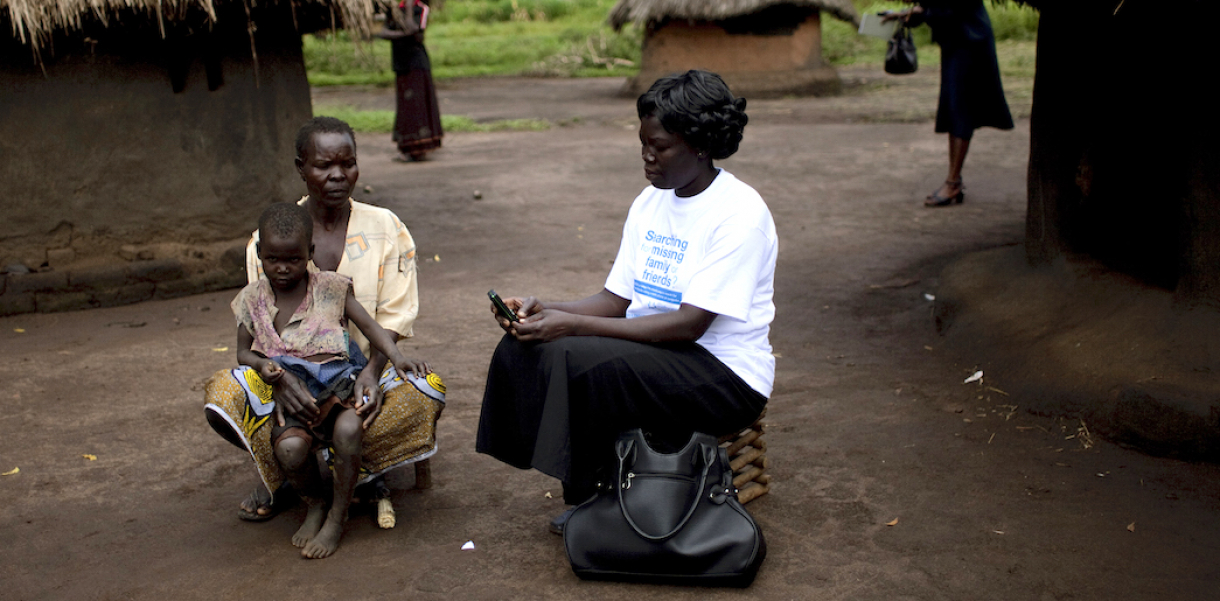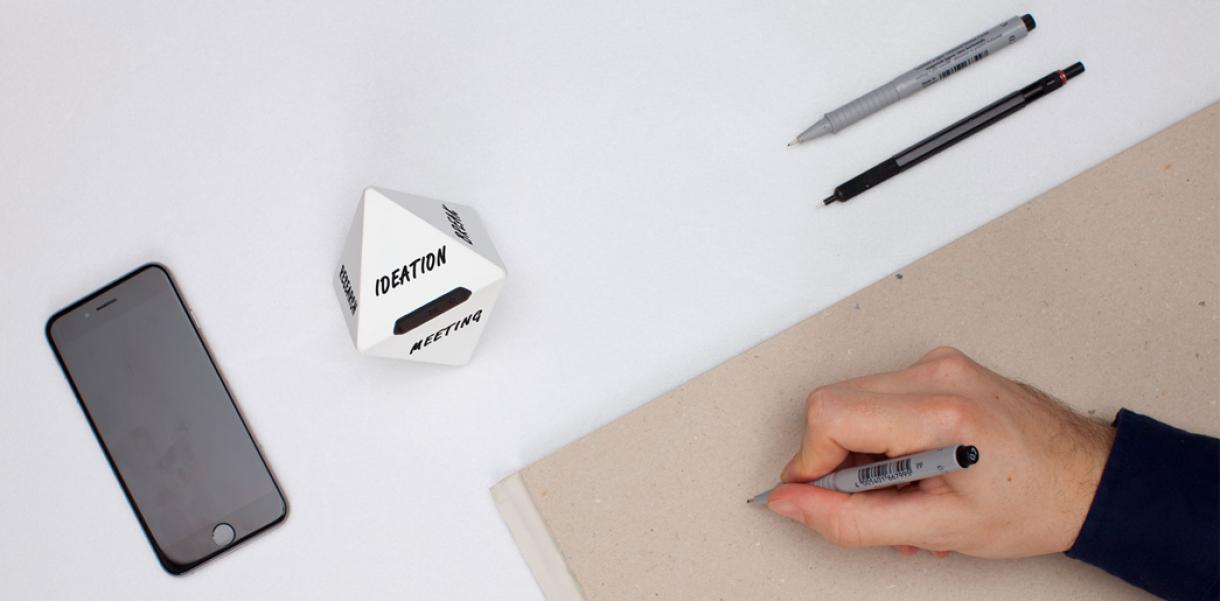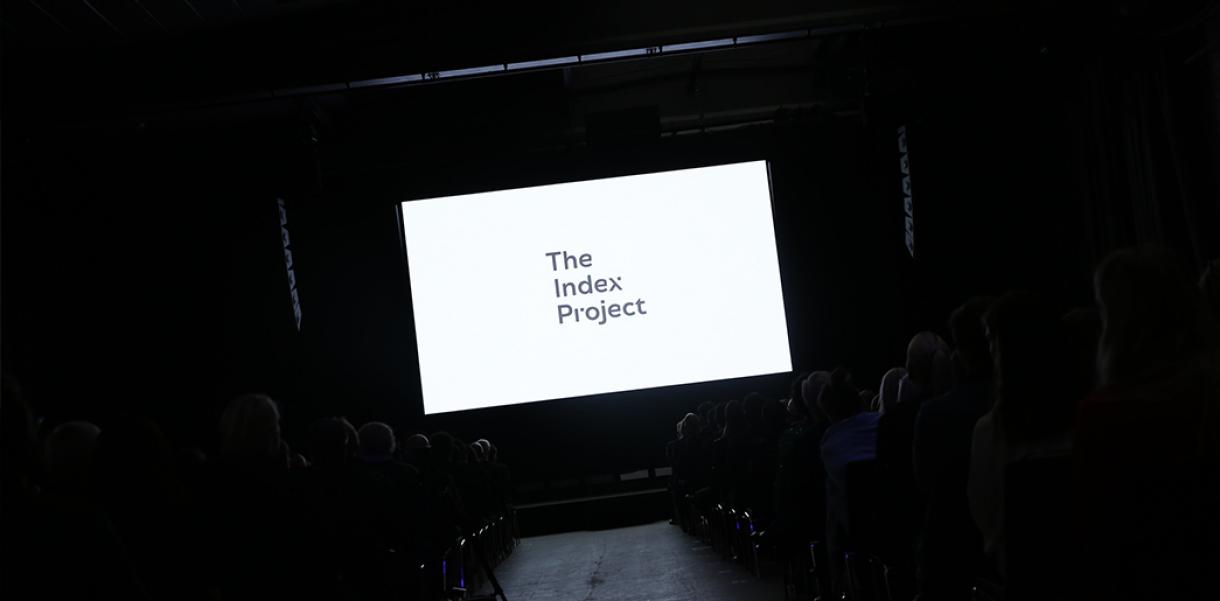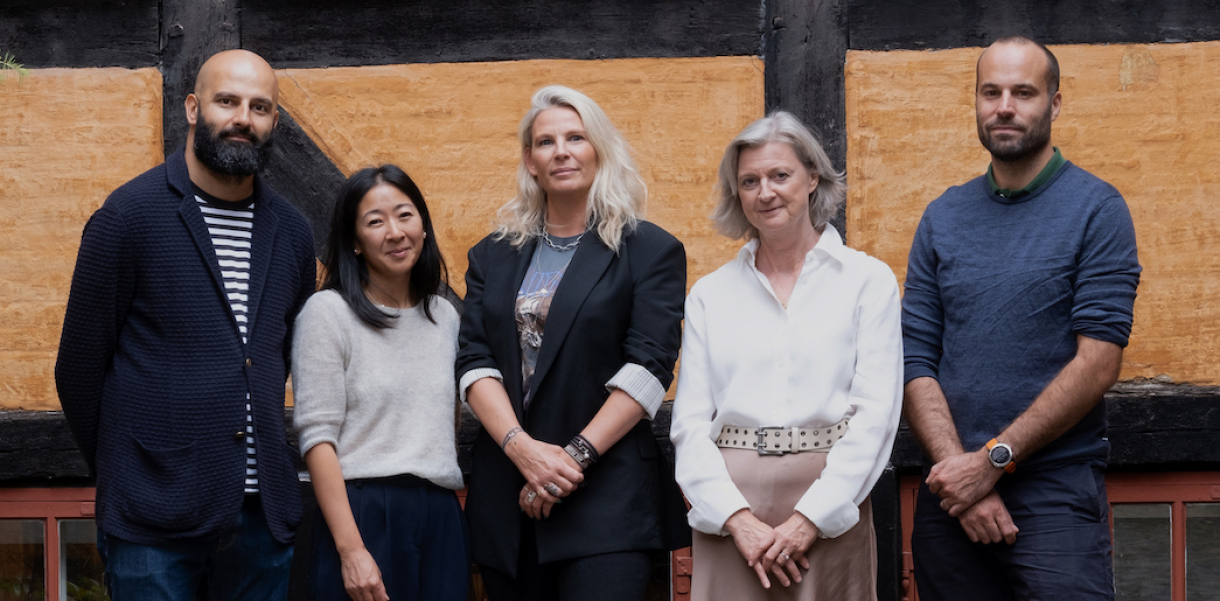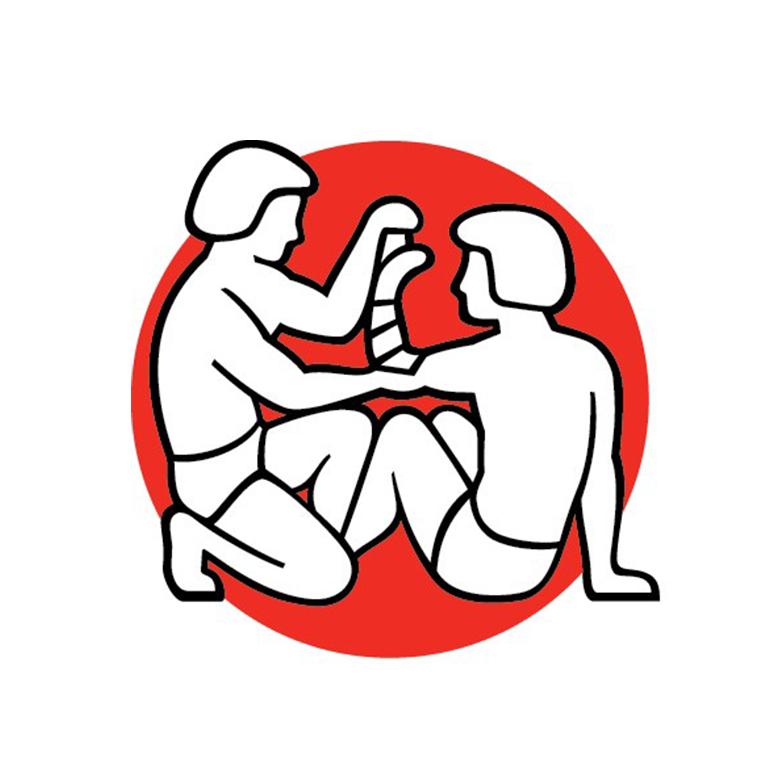
Whether it's because of war, fear or sudden catastrophe, millions of people around the world are forced to leave home. In fact, at the end of 2020, 82.4 million people were forcibly displaced. Today, the accessibility to the internet and phones has made it easier for families and loved ones to reconnect, when coincidence and chaos pull them apart.
But back in 2005, the situation was quite different. The two brothers David and Chris Mikkelsen realised this when they met an Afghani boy named Mansour. While filming a documentary on integration in Denmark, they learned of Mansour's story; he had lost all contact with his family after they fled the Taliban.
Hearing this, Chris and David decided that they would help him locate his family. "We started a tour of the world and for nine months, we travelled in and out of Europe and the Middle East," says David Mikkelsen, CEO & Founder of Refunite.
Helping Mansour made them see the obstacles refugees encounter when finding loved ones and the lack of resources to do the research themselves. "It was... it's still mind-blowing to us how out of date things worked at that time," as David says. Questioning why there wasn't a Google for Refugees, the brothers decided to make it themselves.
In 2008, they founded Refunite and streamlined the process of reconnecting torn apart refugee families and people through its website, mobile application and call centres.
"Just about a week ago, we reconnected two brothers," Chris Mikkelsen, also CEO & Founder of Refunite shares. "Two Congolese brothers who'd been separated for 10 years. When we reconnected them, one of the brothers had been relocated to Ontario, Canada, and the other brother was still in the Kakuma refugee camp in Kenya."
"Over the years, there's been tens of thousands [of reconnections] and every single story is as unique as the first one."
But even though every story of reconnection brings a sense of relief, they equally tell stories of tragic circumstances and lack of access to communication tools.
"After reconnecting the two brothers, and we're making a little bit light of what's always a very emotionally heavy story to go through (...) we discovered, which is something we see quite often, that the two brothers had lived almost side by side in Kakuma for seven years, and had been separated by no more than a couple of kilometres," Chris recalls.
"Over the years, there have been tens of thousands [of reconnections] and every single story is as unique as the first one," David says. And so, 13 years later, Refunite has reconnected more than 65,000 people and has over 1 million refugees registered on its platform.
Today, the family tracing at Refunite looks quite different. In fact, the platform has transformed into RELAY. Still staying true to Refunite's mission of enhancing communities and empowering people to better their lives, RELAY connects community leaders in Africa to their constituents.
"What we saw a couple of years ago was that all of these community leaders, were facing immense difficulties in communicating with their constituents," says Chris. "Some of these communities range in size from the very small, which could be a couple of 100 community members and all the way up to millions of constituents. And we repurposed Refunite to somewhat degree in terms of helping them communicate through our platform."
“It was a natural next step in the life of Refunite to build RELAY.”
"You know, everyone more or less has access to if not their own phone than someone who has a phone. Getting reconnected again, with or without our help, is a lot easier than it used to be," explains David. "So it was a natural next step in the life of Refunite to build RELAY."
The RELAY platform has over 38,000 leaders on the platform and just short of 54 million constituents. Growing by 10-15 percent per month, they hope to reach 100 million constituents in the next six to nine months.
"One of the founding ethos that we've driven Refunite from the very beginning off of was the empowerment of people. It was important to us to realise that in so many instances, refugees in camps were relegated to being people waiting in line for information without being given the human agency to act on their own situation," Chris Mikkelsen says.
"This is where technology becomes a great combiner. We deploy technology that provides them access to one another, that connects them to one another, and gives them the ability to crowdsource or get access to knowledge that they can use to make better decisions for themselves and their families."
